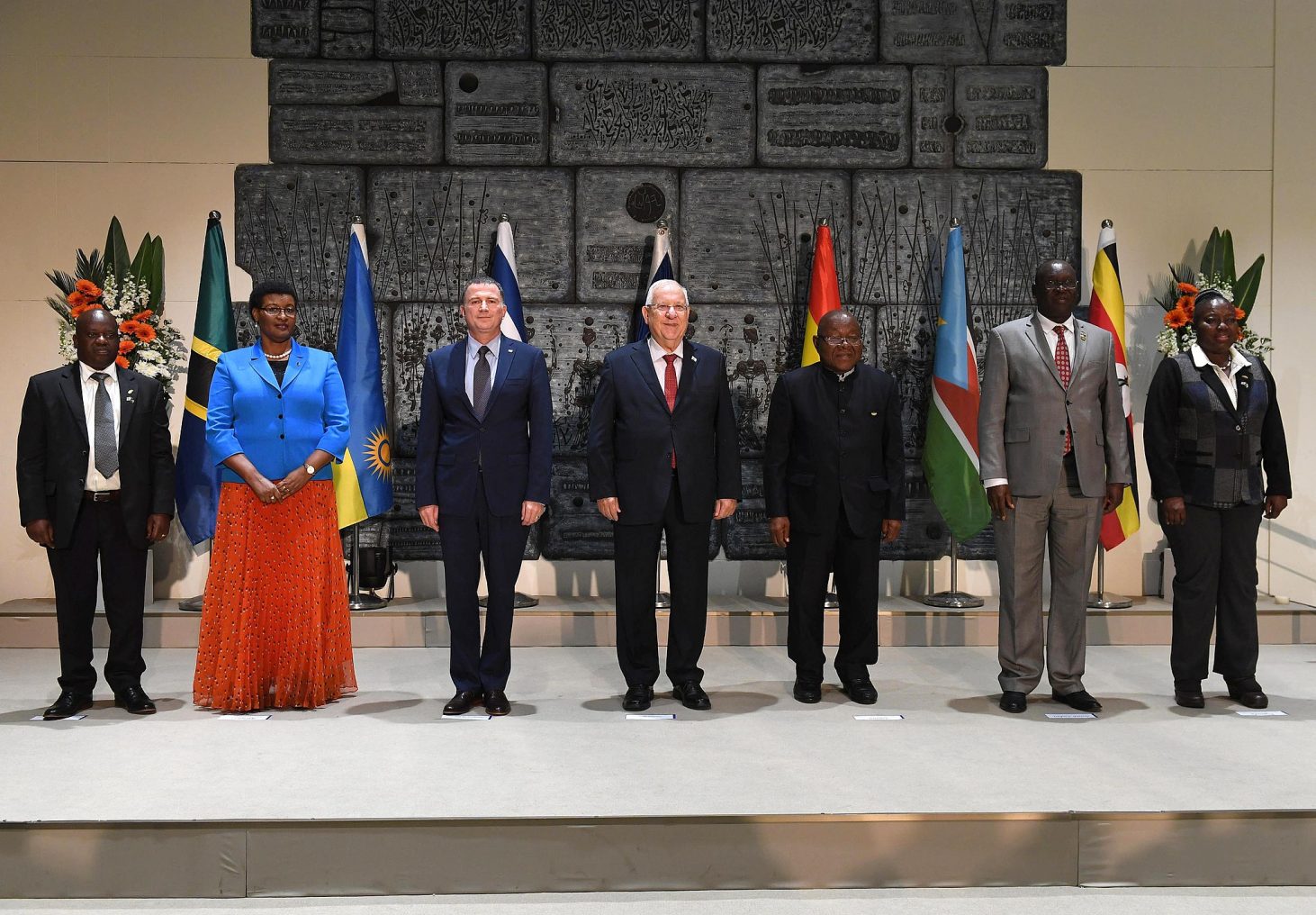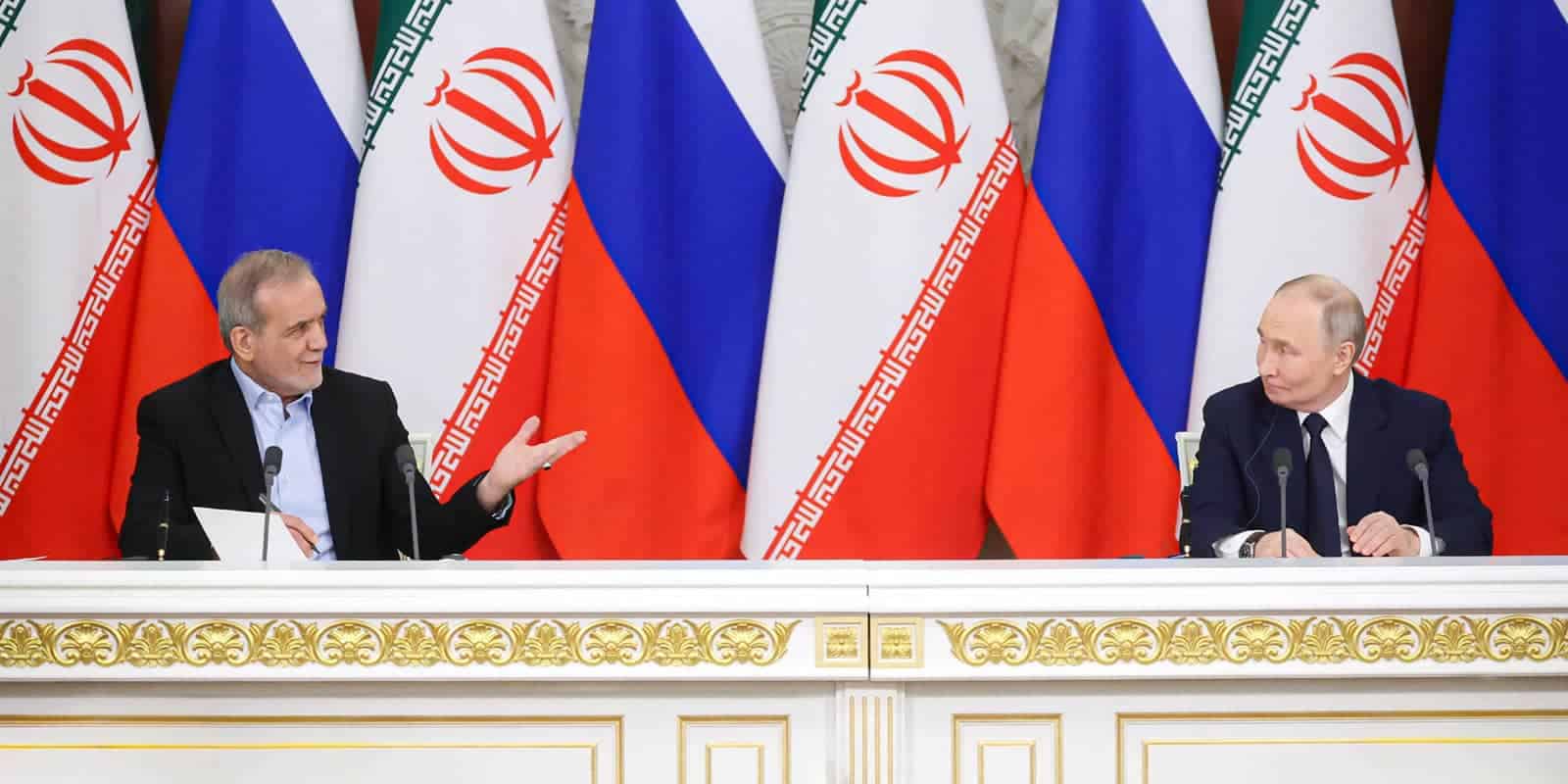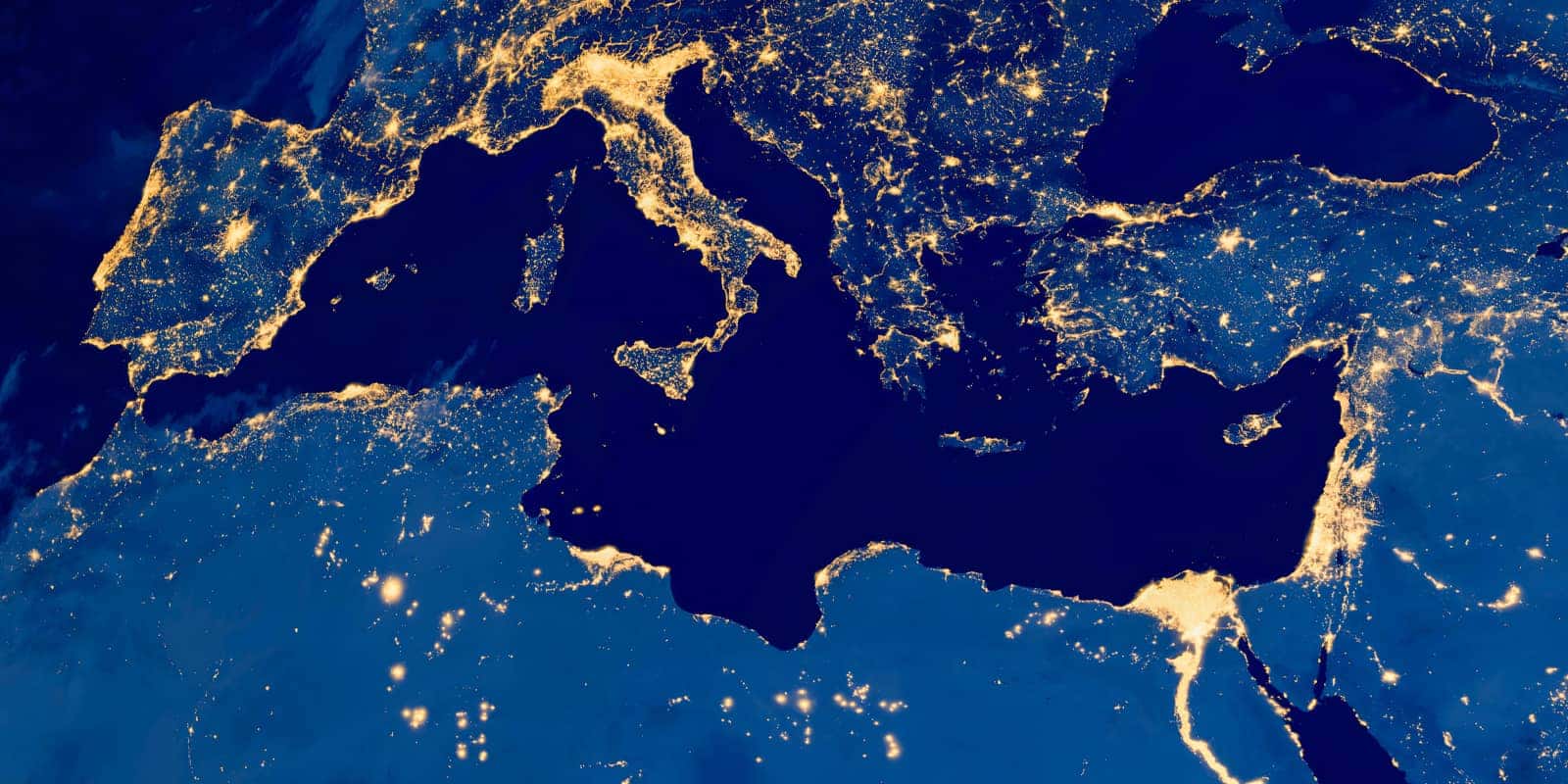In its early years, Israel made a special effort to promote ties with African countries. Partly this was an attempt to fulfill its destiny to be “a light unto the nations,” but there was also an ideological angle to it, namely the desire to help countries that had recently rid themselves of the yoke of colonialism. It was also a strategy to try to forge ties with distant countries in an effort to circumvent the regional siege imposed on Israel. However, over time, most of those alliances crumbled in the face of Arab pressure.
In recent years, opportunities have emerged to change this reality. Israel’s peace treaties with Egypt and Jordan provided the precedent, as did the informal relations Israel has forged with several other Arab countries. Those remain mostly clandestine, but sometimes they are given some public expressions. For example, Saudi Arabia has allowed Air India to fly through its airspace to and from Israel, and there are growing rumors about military cooperation between Israel and Persian Gulf states, bolstered by statements made by various “former officials” in the Gulf that the time has come to improve ties with Israel.
Jerusalem has also been trying to build new bridges to African countries. I remember one discussion in which it was said that investing $100 million in Africa would serve Israeli interests better in the long term than an investment in new weapons.
Indeed, with relatively little investment, Israel could provide many African countries with much-needed aid that will advance them economically, socially and militarily – preferably in that order.
Israel has three main interests – diplomatic, economic and ethical.
The diplomatic interest is clear: Israel wants to influence how African countries vote at the United Nations and other international institutions. Africa contains 54 countries, and if they side with Israel in such votes – or even simply refrain from voting against it –Israel’s global standing would change for the better.
The economic interest is also clear: Africa is a growing market, and the more ties Israel can forge there, the easier it would be for it to garner business there. Many countries already maintain robust business ties with African nations, but Israel still has several advantages, mostly because it is small and unthreatening, unlike the superpowers that operate intensively on the continent.
From an ethical standpoint, it is important for Israel to contribute to humanity, especially if it can do so in places and on issues that can advance the average citizen and those at the bottom of the economic ladder.
Achieving such results requires bilateral visits by the countries’ leaders. To make this vision practical, the state needs mechanisms versed in the ways aid fund and business ventures can best be utilized, especially since initial investments of this kind involve considerable spending.
In Israel, the Foreign Ministry’s Center for International Cooperation is engaged in providing aid to foreign countries. This department should be bolstered and its efforts should become a priority on the prime minister’s agenda, as this “investment” can and will yield economic and political dividends for Israel in the global arena.
In the wake of Chadian President Idriss Déby’s historic visit to Israel this week and Prime Minister Benjamin Netanyahu’s recent visits to Africa, one can only hope the momentum achieved in Africa is maintained and that Israel finds a way to leverage these visits into a wide-ranging economic journey.
Published in Israel Hayom 30.11.2018
JISS Policy Papers are published through the generosity of the Greg Rosshandler Family.
photo: Mark Neyman / Government Press Office (Israel) [CC BY-SA 3.0 ]















Israel’s Veteran Peace Partners: The Role of Egypt and Jordan in the Context of Trump’s Gaza Plan